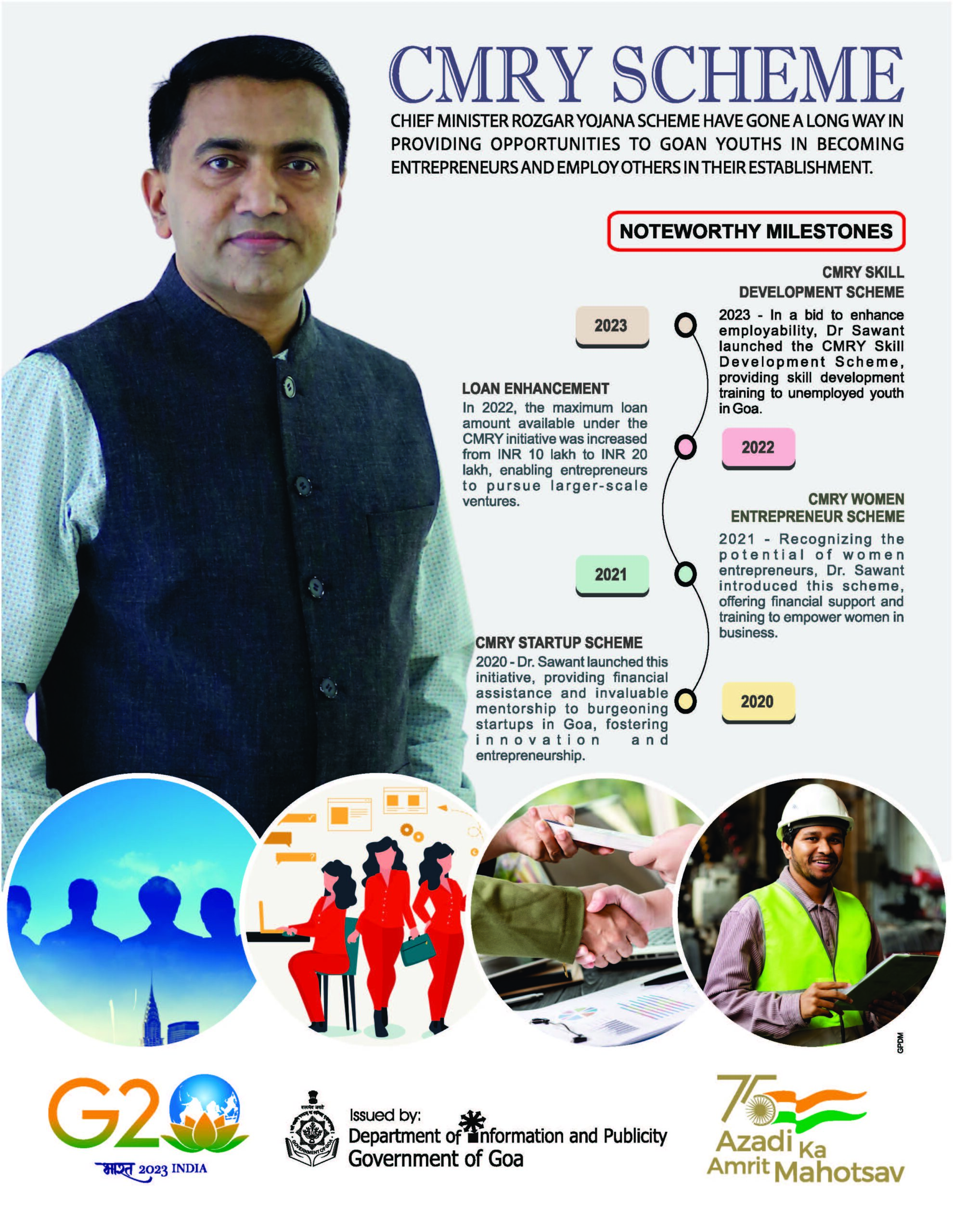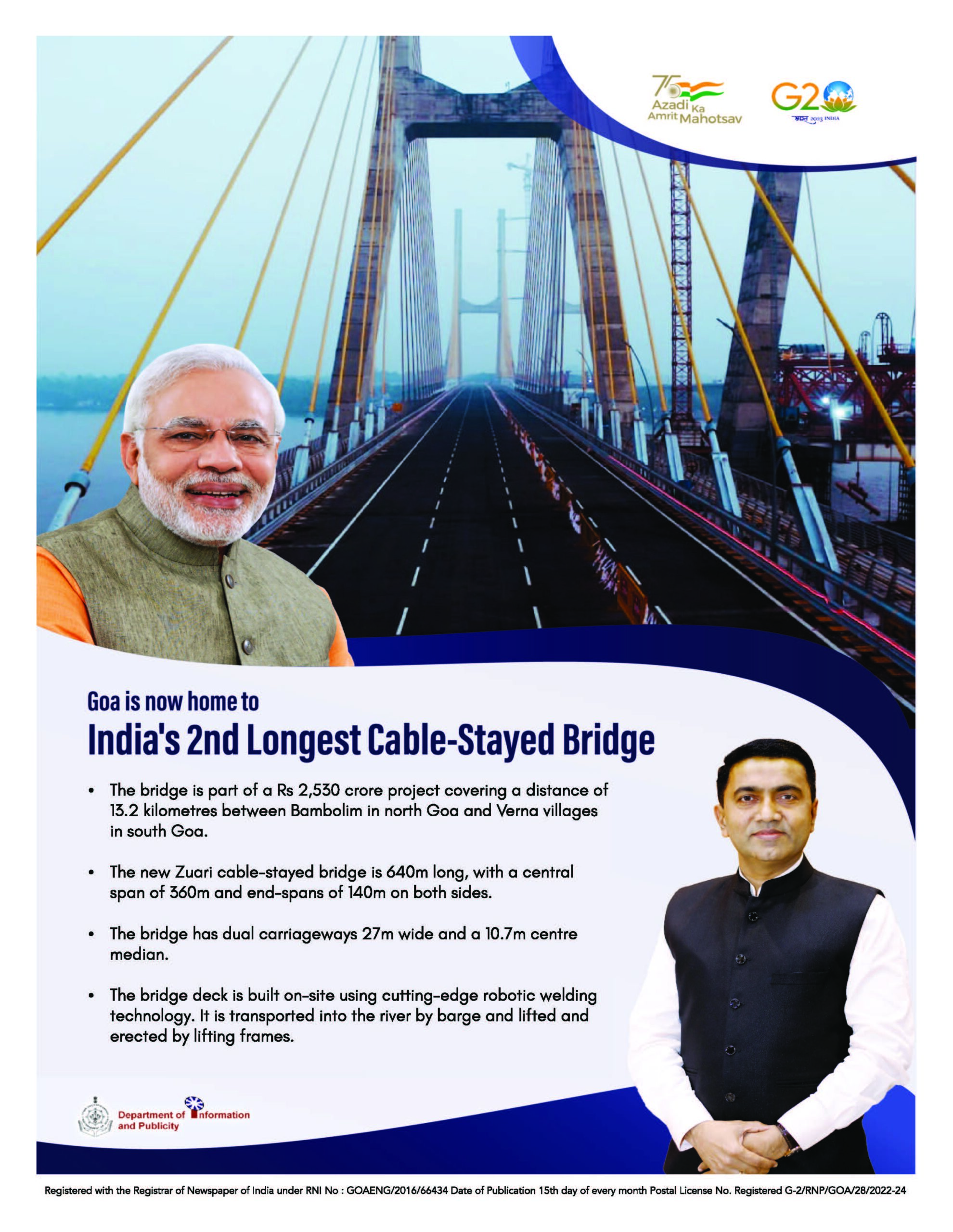On Wednesday, 19th October, Rajasthan’s capital, Jaipur, saw the successful culmination of the 4th edition of the Recommerce Sustainable Clothing and Textile Recycling Conference. The event was organized at the Radisson Blu Hotel, with the guest of honour being Roop Rashi, Textile Commissioner, Government of India, and commenced with the lighting of lamp at 10 AM in the morning.
Venkat Reddy Patil, CEO and Founder, Recommerce, addressed the gathering welcoming them and introduced the delegates and participants about Recommerce’s aim of bringing out value from business, by spreading awareness related to different fields of waste management. He further thanked Greenwaves Environmental Solutions for their support to Recommerce for the organization of the event, GSCS. Patil further thanked Recommerce’s media partners, Yarn Bazaar, Textile Value Chain, TexFash, Incubees, and GoaChronicle among others.
The event began with the first speaker, Dr Vivek S Agrawal, Chairman, ICWM, discussing the topic, ‘Standardization and formulation of textile recycling industries in India’. Dr Agrawal focused on the fact that in the current times, everybody focuses on plastic waste; but in reality, the emerging menace is textile waste, with which we are not concerned yet. He added how we should start paying attention to factors like the rapidity of the era of consumerism, and fast fashion emergence. It was mentioned how while we have a number of rules for solid waste and plastic waste, no such rules or norms for textile waste management have been made until now, which primarily should focus on the three Rs of sustainability- Reduce, Reuse, and Recycle.
Talking about the adverse impact of textile waste on sustainability and the environment, Dr Agrawal added how globally, 92 million tonnes of textile waste is created annually, and how textile waste has become a major factor behind environmental degradation.
“Textile not only consumes water but it also degrades our soil; for instance, in cotton farming, pesticide use is the maximum”, he mentioned. Projecting how the menace can augment further, he revealed that around 56 million tonnes of clothing are bought each year globally, and this is expected to rise to 93 million tonnes by 2030 ad 160 million tonnes by 2050.
Coming back to the use of water in the textile industry, the ICWM Chairman added that it takes a lot of water to produce textile, plus land to grow cotton and other fibres, and it is estimated that the global textile and clothing industry used 79 billion cubic metres of water in 2015, while the needs of the EU’s whole economy amounted to 1123 billion cubic metres in 2018. It was also mentioned how to make a single cotton t-shirt, 2700 litres of fresh water are required according to estimates, which is enough to meet one person’s drinking needs for 2.5 years.
“The textile and apparel sector’s non-renewable raw material usage will reach 300 million tonnes and the amount of microplastic released to the oceans will reach 22 million by 2050”, Dr Agrawal expressed.
At the end of his talk, it was concluded that the potential solutions for the negative impact of textile production and waste can first of all be the three Rs, and how consumer-based and industry-based solutions are required to bring a change. Spreading the right amount of awareness is another solution to curb the problem, along with the promotion of sustainable fabrics like khadi. The government too, needs to enhance its role in taking action to promote sustainable development and introduction of eco-friendly production norms.
The next speaker was Harshit Kakkar, Managing Director, HSN Machinery, which focuses on fibre and yarn processing, providing recycling solutions to process textile waste from fabric to fibre. Kakkar’s talk primarily revolved around textile recycling machinery. He stated that textiles need to be recycled to reduce carbon footprints, to save our future, to reduce the raw-material consumption, and waste creation.
“We need to change our mindset to reach a sustainable future”, Kakkar expressed.
Next in line was Gaurav Sharma, CEO and Happiness Head, as he calls himself, of Thankyou, and discussed the topic of an economic case for circular textiles and accelerating post-consumer textile recycling. Sharma, for his work in the field of sustainable waste management, is renowned as the Trashman of Rajasthan.
The fourth speaker at the event was Abhishek S Kamble, Director, GSCS International India Limited, and focused, along with textile recycling, on its certification, which the company primarily deals with.
The conference also saw two panel discussions taking place. While the first one was concerned with the topic of manufacturers’ proactive approach towards textile recycling, and the different sustainability strategies for the effective utilization of textile waste, and was moderated by Siddharth Lulla, the panelists were Dr Vijay Singhal, Pritam Singh Sachdeva, and the CEO of Greenwaves, Anil Chaudhary; the second discussion took place on the topic- why is upcycling the biggest trend in fashion right now and what the technical and financial challenges related to it are.
The second panel discussion was again moderated by Lulla, and participated in by Suvidha Chopra, Dr Tulika Gupta, Dr Sharmila Nagraj, and Dr Brij Ballabh Udaiwal, who is known as the Indigo Man of India.
The Chief Guest, Roop Rashi, talking about the role of the government being played towards sustainable textile waste and production management, stated that it is not that the central and state governments are not concerned about sustainability, and they are taking steps to facilitate the required support for the same; but she added that the demand of subsidies is impractical to be made in the matter.
“The textile industry is the second largest industry for employment, and the government is supporting the upscaling of the same with provision of ways of natural processing through the Samarth Scheme”, mentioned the Textile Commissioner.
Another crucial topic related to textile sustainability was discussed by Bharti Singh Chauhan, Founder and Chairperson, PraveenLata Sansthan, which was ‘Period Poverty’, and focused on saving our environment from plastic waste through sustainable cloth pads.
Chauhan said, “Using cloth during menstruation rather than plastic disposable pads to reduce and create a healthier environment is the need of the hour”. She added that it is not the use of cloth per se but the unhygienic practices associated with it which have become the problem. It was revealed how only 36% women in India have access to plastic sanitary napkins, while the majority out of the remaining 64% still use cloth while menstruating and that it is an old practice which can be followed, with hygienic practices, to reduce the otherwise 113 thousand tonnes of menstrual waste filling up India’s landfills each year.
With the insightful discussions dealing with sustainable textile waste management throughout the event, it became certain that such conferences need to take place at regular intervals as they are not only good to spread awareness, but also for like-minded people and speakers to come together and make a change, leading to a better world and a cleaner environment.





